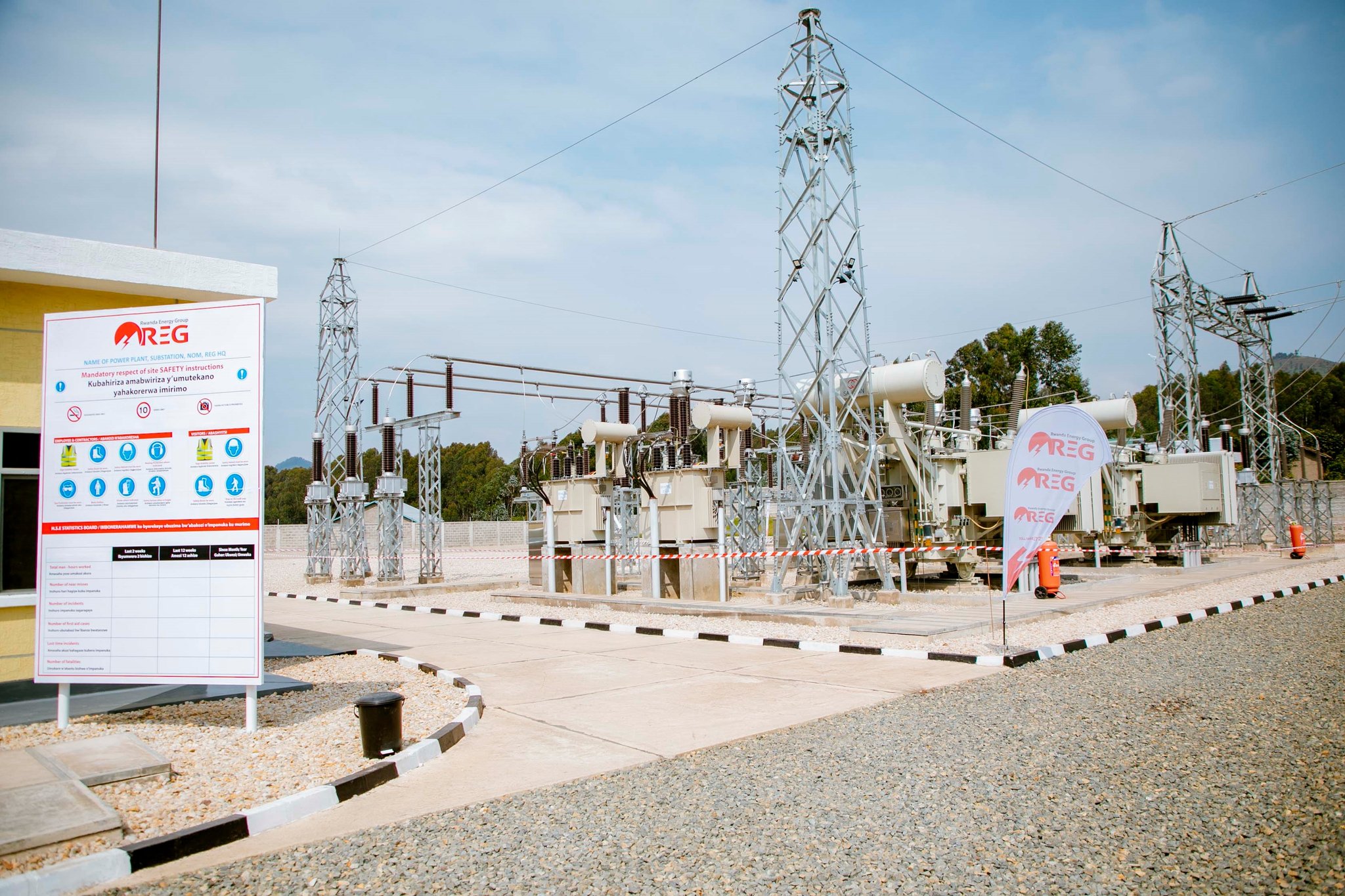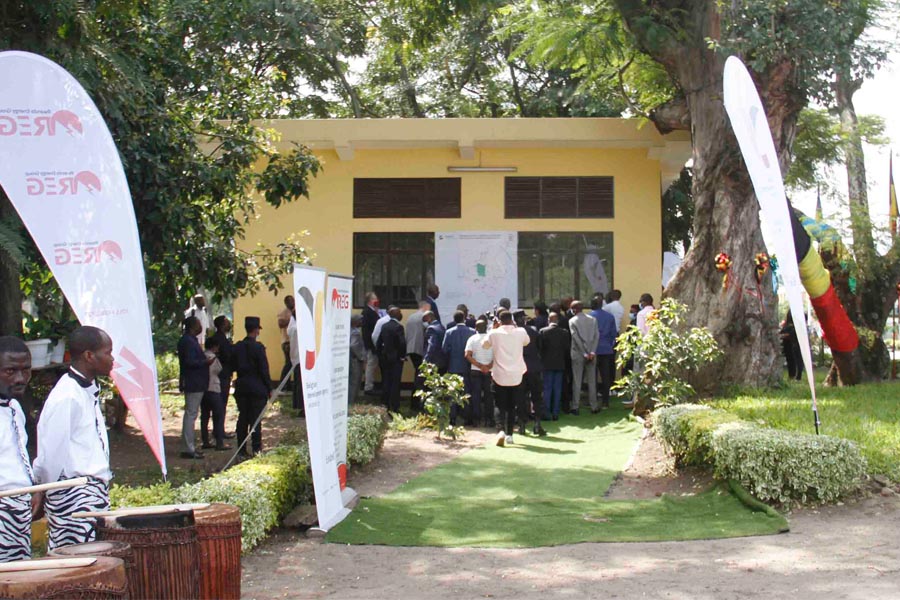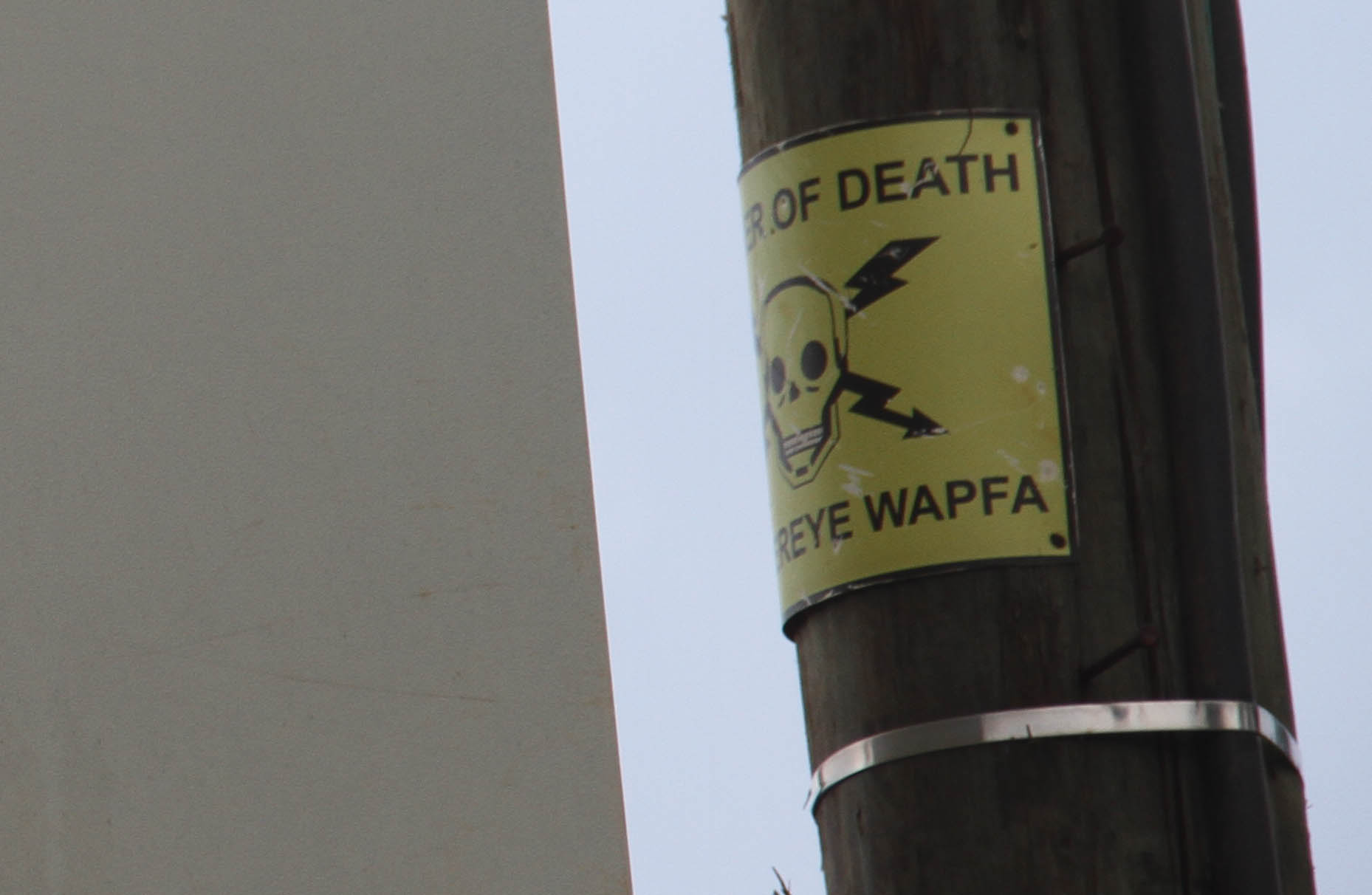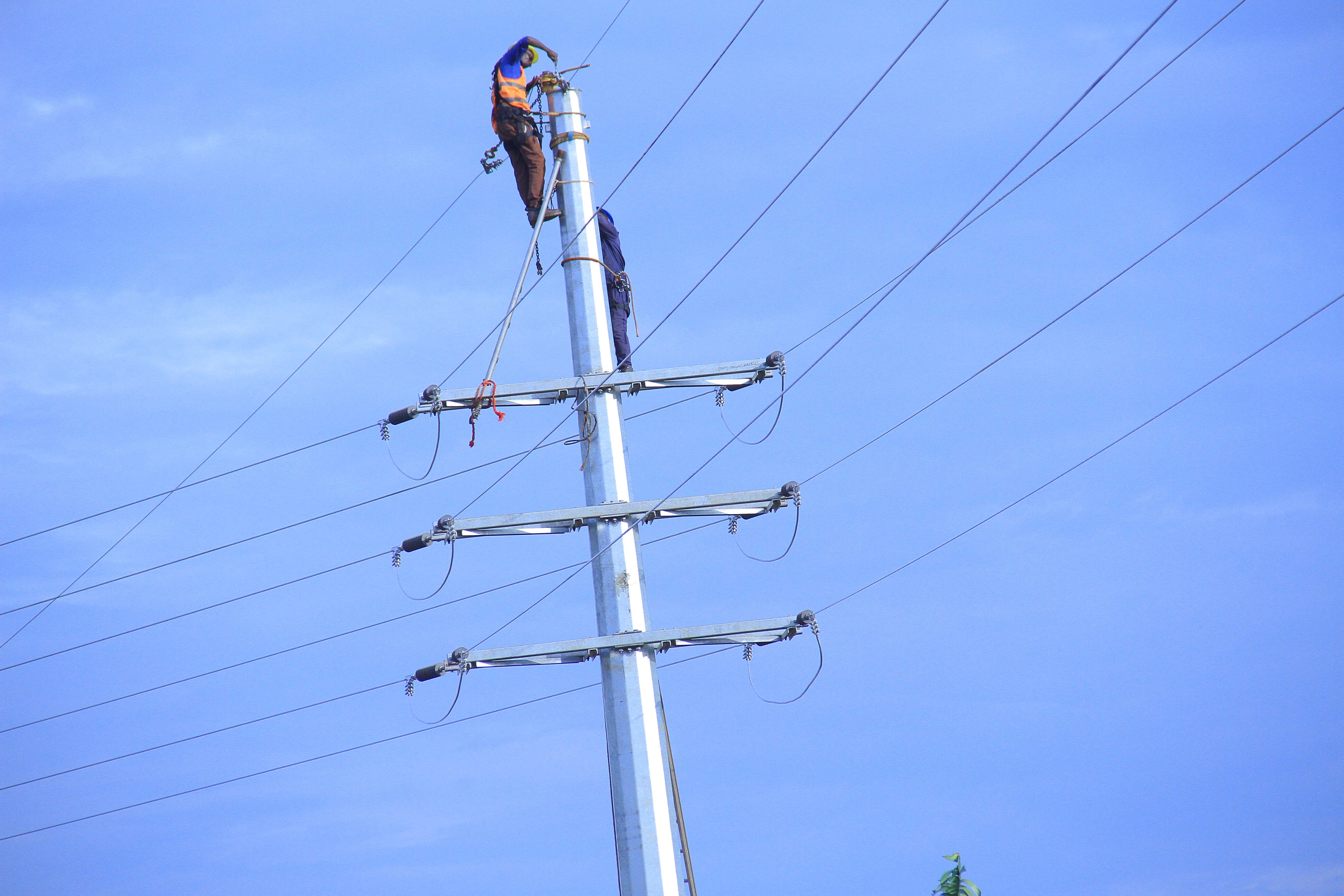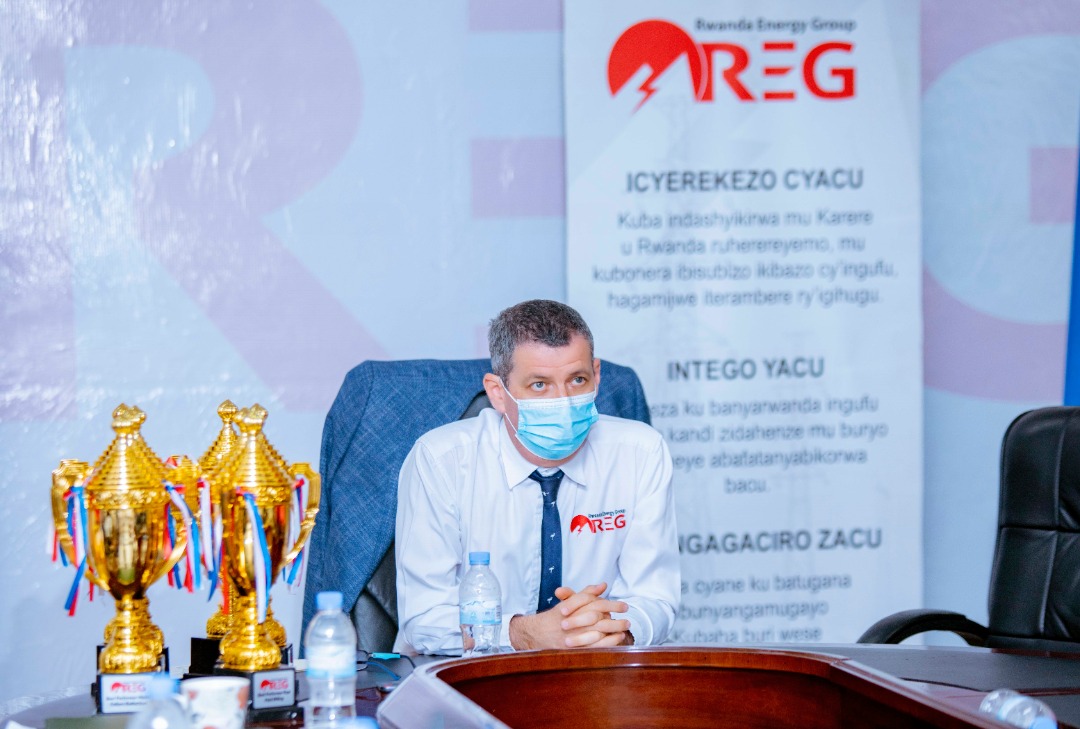News & Events Details
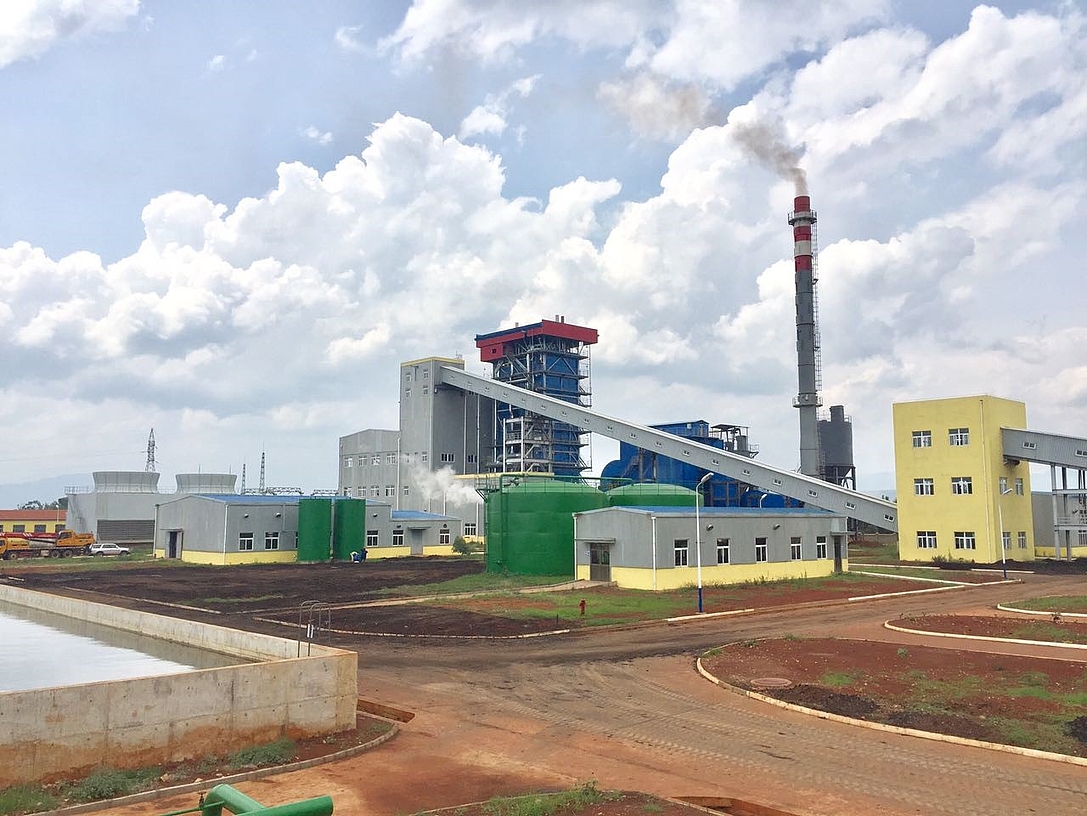
Jan
REG intensifies household and industrial electricity connections to improve livelihoods and meet National development targets
Access to safe, reliable and cost effective energy is essential in order to achieve the levels of growth defined in the national strategic documents. Energy is a critical productive sector input that can catalyze broader economic growth and contribute significantly to the achievement of the country’s ambitious socioeconomic transformation agenda.
Over the last 7 years, more efforts in the energy sector have been directed towards diversified and balanced power production and supply to meet the National targets. As a result, electricity generation capacity has increased almost three-fold from 76MW in 2010 to 208MW in January 2017
This has enabled a rapid increase in electricity access whereby grid connections through the Electricity Access Rollo-out Program (EARP) increased 3 times from 2010 to 2016. Accordingly, the national electricity access rates increased from 10.8% in 2010 to the current 28% on grid and 3% off-grid.
Jean Bosco Mugiraneza, REG Chief Executive Officer says that the current supply of electricity meets the demand of 120MW compared to the current installed capacity of 208MW from various energy sources.
“People may see this as a small figure; but to double electricity generation and triple the number of connected households is so impressive if you look at the amount of money invested, you will appreciate the effort.,” he says adding that because electricity is linked to national development, Rwandans should also be thinking of projects that require electricity to operate. “I think the electricity is not there to be saved, you generate it to consume it; this means that as we work hard to boost electricity generation and distribution, we are also tasked to look for how it will be productively used and consumed,” says Mugiraneza.
Over the past seven years, the Country boasts of several infrastructures projects have been established to generate and supply energy;
- The 28 Megawatt from Nyabarongo I Hydropower plant, KivuWatt Methane Gas to Power Plant that generates 26.4MW, Giciye I plant that generates 4MW, Rwamagana 8.5MW solar power plant and the Gishoma peat to power plant currently generating 15MW are some of the projects.
- Another project in the pipeline, he said, is the Rusomo Hydro Power project shared by Rwanda, Tanzania and Burundi, expected to generate 80MW while the Gisagara peat to power project is expected to generate 80MW.
- In terms of the power supply network, Mr Mugiraneza asserts that, Government is in advanced arrangements partnering with the European Union to renovate Jabana and Mont Kigali power substations in Kigali City so that more electricity will be distributed to Bugesera District.
- In addition, the construction of a new power substation in Gahanga sector in Kicukiro district will commence as soon as the surrounding community has been expropriated.
- Another project in the pipeline is funded by the World Bank and the Government of Rwanda to renovate Kigali City Network to improve supply reliability and boost economic activity.
- In other supply improvement initiatives, REG officials confirmed that, with the support of the Japan International Cooperation Agency (JICA), a new substation will be constructed in Ndera Sector, Gasabo district to supply electricity to the neighboring Kigali Special Economic Zone and other parts of Kigali while in Gabiro, Gatsibo district, a substation will be constructed to address power shortage in the Eastern Province.
- “We are also renovating other electricity substations especially in places with fast-growing populations such as Kagarama (in Kicukiro) Ruyenzi (in Kamonyi district) among other areas,” says Mugiraneza
HUZA – “Deploying Modern Technologies to minimize Costs”
HUZA is part of the Reform Action Plan undertaken by REG to “boost operational efficiency and help minimize commercial losses, increase revenue collection and bridge gaps for timely information for managerial decision making”.
REG took-over a problematic system environment typified by several partial solutions, based on various computer aided systems that often dint communicate one with the other. This made it difficult for the Company to provide reliable customer service and was also unable to meet reporting requirements. In order to have a lasting solution, REG is developing a comprehensive Integrated Business Management System named “HUZA” explained Mr. Patrick Mwesige, the Project Manager of the Rwanda Electricity Sector Strengthening Project
HUZA is aimed at creating new a systems in REG and ensure that it fully meets the needs of Customers and other stakeholders interacting with the Company. This standard of service will not be lost regardless of the medium through which the customers approach the Company be it by telephone, social media, online, or physical at any of the 33 branches. The system will also support effective internal coordination of all the Company’s operational and services processes, thereby increasing efficiency.
Reduced electricity tariff for industries
Mugiraneza says REG is proud of realizing reduced electricity tariffs for industries.
“Reduced electricity tariffs is a big government achievement that responds well to industrialists concerns of lowering the cost of production. Our tariff today is a bit harmonized with regional ones with one Kilowatt at 11 US Cents from 17 US cents last year. In Kenya and Uganda it is 10.5 US cents,” he explained adding that government has also reduced the cost of electricity to other customers especially those who consume less than 15 kilowatts.
Mugiraneza is optimistic that the target to eliminate use of traditional kerosene candle (Agatadowa) among Rwandans in 2018 will be attained through the expansion into of different power sources in homes and industries.
In a bid to improve solar power access, REG has signed contracts with 20 companies. Among them is Mobisol which operates in almost all 30 districts, targeting 49,000 households. Another company, Ignite Power is targeting to connect 25, 000 households in the next two years.
Solar energy companies are mainly targeting off-grid rural-based households that will include those in the first Ubudehe category whose electricity access requirements will be subsidized.
Power trade with other countries
Mugiraneza says that between 2021-2022, Rwanda will be in position to meet all her energy requirements and export the surplus to neighboring countries. We shall also be able to import where necessary from Kenya and Ethiopia through the Eastern Africa Power Pool (EAPP) arrangement.
There are electricity transmission lines that are under construction including; Uganda-Shango_Rubavu-Karongi to DR Congo that could help to sell electricity in Congo; Rusumo-Bugesera-Shango that will help Rwanda to sell electricity in Tanzania and more other connections that can help to sell electricity in Burundi. This will earn the economy extra foreign exchange, mitigate cost of service and support further investments in the supply industry.
The introduced Eastern Africa power Pool will enable Rwanda to import electricity from Kenya and Ethiopia.
KivuWatt Power Plant –“a unique design on the World Scene”
REG says that KivuWatt project demonstrated the power of good strategic leadership that saw the project providing electricity after 40 years of exploring of Kivu methane gas. This plant is of its kind the world of power generation. It was commissioned by His Excellency Paul Kagame in October 2016.
KivuWatt Power plant was established by an American company, Contour Global in partnership with the Rwandan government now provides 26.4MW. REG also signed other contracts, including one with Symbion Power project which will provide an additional 55MW of methane gas from Lake Kivu.
The Minister of Infrastructures, Mr. James Musoni says the government will continue to partner with the private sector in increasing the production and distribution of power. He is pleased with the ongoing development of power connections that link Rwanda with neighboring countries to enable the Country reap the aforementioned benefits
Good governance brings us thus far
All power projects that have seen improved generation, distribution and household connections countrywide are attributed to good governance under the stewardship of President Paul Kagame. Even the Lake Kivu methane gas explorations which have been ongoing for the last 40 years have come to fruition because of Rwanda’s current leadership commitment to change lives from household to national levels. Mugiraneza says with such good leadership, more power projects will be created to help Rwandans develop even further.
“Although we are still at 28 per cent of electricity coverage, it was only 3 per cent in 1994 in Kigali, and provincial cities, industries and where authorities resided. Ordinary citizens were disregarded. Government is targeting that people in Rwanda get access to electricity.”
Before 1994, electricity was only transmitted to Kigali from Ntaruka Hydropower Plant in Burera District. But residents in rural areas where transmission lines passed had no electricity.
REG management has come with new strategies meant to improve generation, distribution, connections, service delivery and general performance. In the past two years, electricity production has increased from 119 Megawatts to 208 Megawatts, equivalent to 75% increase.
“REG management, prioritizes the interests of the citizens, taking heed to their concerns so that they can explore their potentials in contributing to national development” says Mugiraneza
“The incumbent national leadership under HE President Paul Kagame contributes a lot, to our achievements”,” considers Mugiraneza.
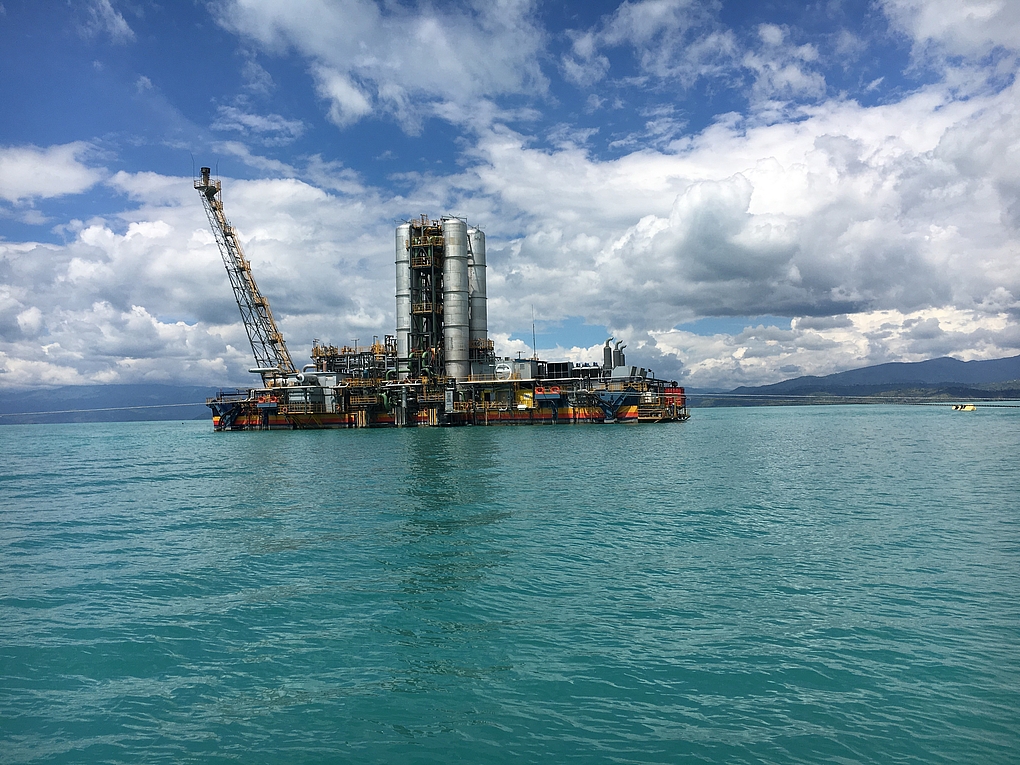 KivuWatt Methane Gas to Power (26.4MW)
KivuWatt Methane Gas to Power (26.4MW)
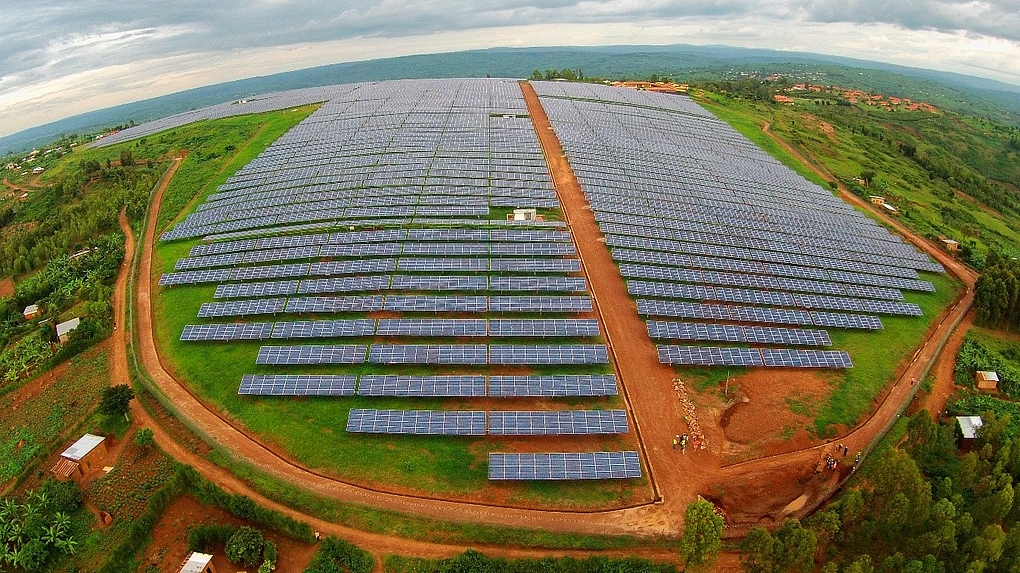 GigaWatt Global Solar Power Plant (8.5MW)
GigaWatt Global Solar Power Plant (8.5MW)
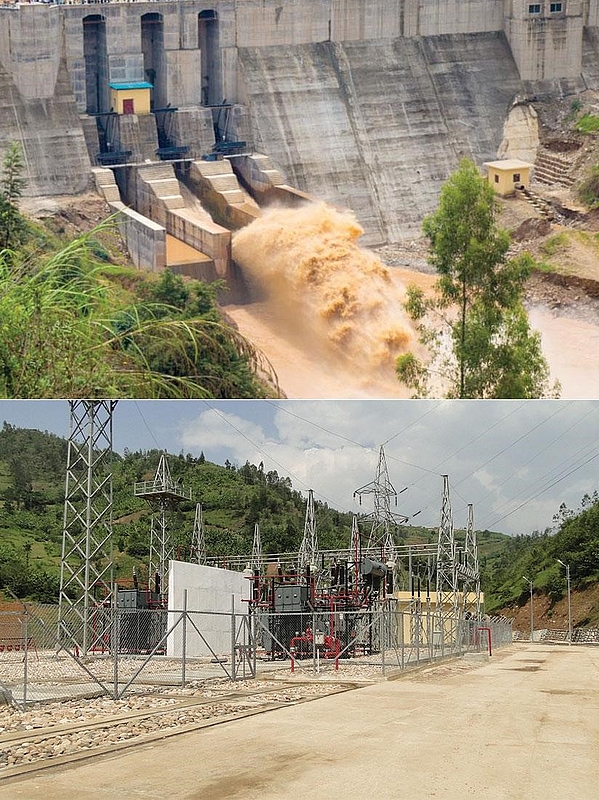
Nyabarongo I (28MW) Power Substation
Categories
Archives
- April 2024
- March 2024
- August 2023
- July 2023
- June 2023
- May 2023
- April 2023
- February 2023
- December 2022
- August 2022
- July 2022
- June 2022
- May 2022
- April 2022
- March 2022
- February 2022
- January 2022
- December 2021
- November 2021
- September 2021
- August 2021
- July 2021
- June 2021
- May 2021
- April 2021
- February 2021
- January 2021
- December 2020
- November 2020
- October 2020
- September 2020
- August 2020
- July 2020
- June 2020
- April 2020
- March 2020
- February 2020
- January 2020
- December 2019
- November 2019
- October 2019
- September 2019
- August 2019
- July 2019
- June 2019
- May 2019
- April 2019
- March 2019
- February 2019
- January 2019
- December 2018
- November 2018
- October 2018
- September 2018
- July 2018
- June 2018
- April 2018
- March 2018
- February 2018
- January 2018
- December 2017
- November 2017
- August 2017
- July 2017
- June 2017
- March 2017
- February 2017
- January 2017
- December 2016
- November 2016
- August 2016
- July 2016
- June 2016
- April 2016
- February 2016
- May 2015
- April 2015
- March 2015
- January 2015
- December 2014
- August 2014
- July 2014
Related News
Our Partners
Please fill in the form or Call us on our Toll free number 2727
